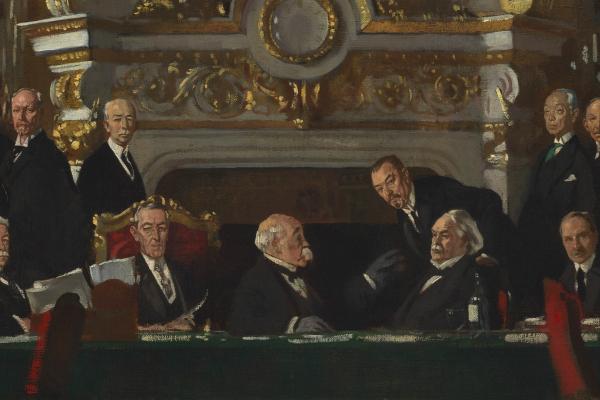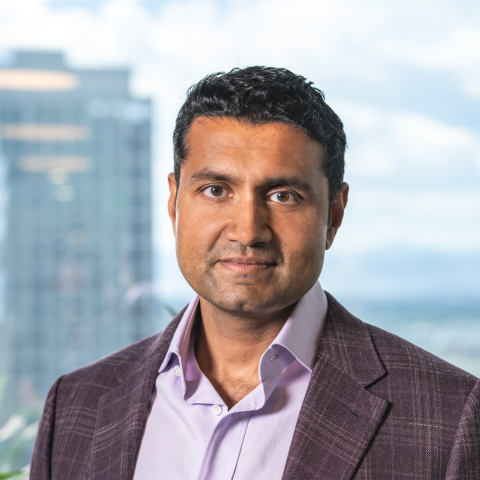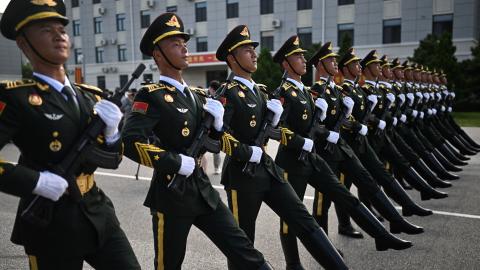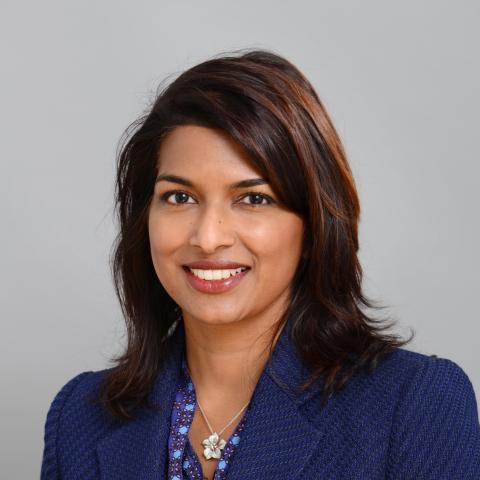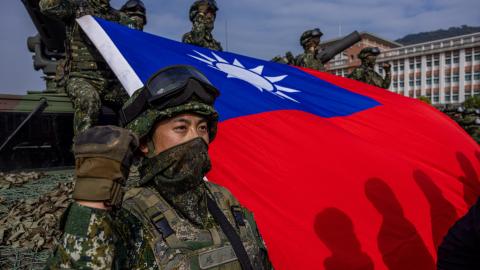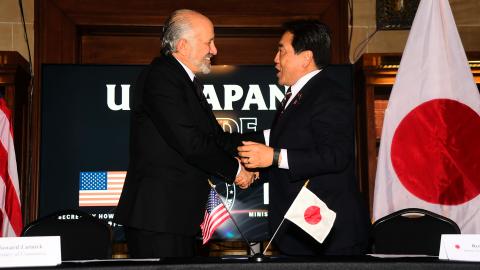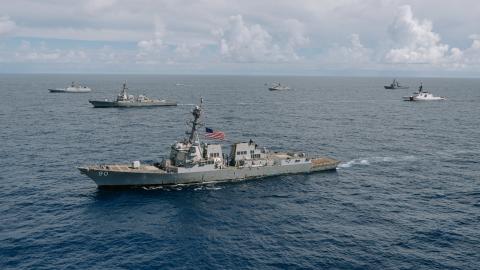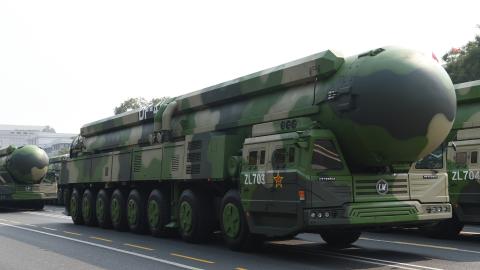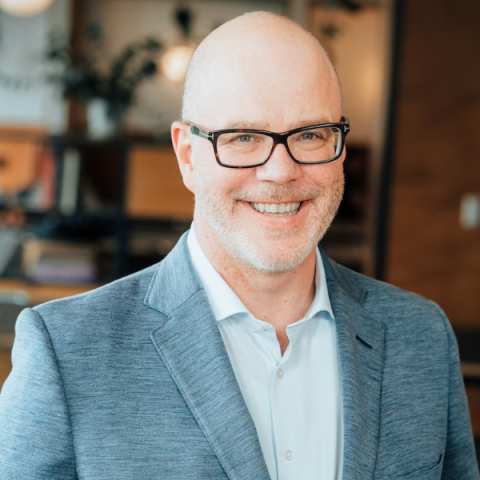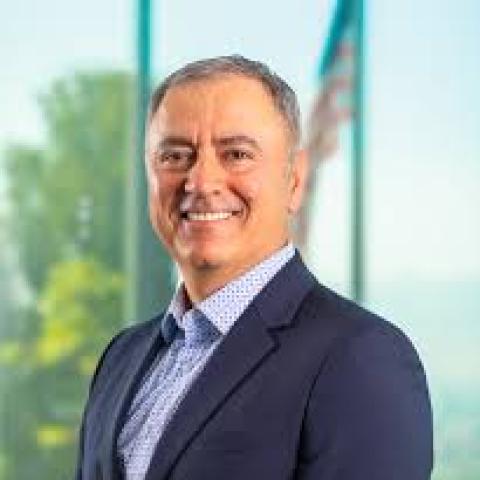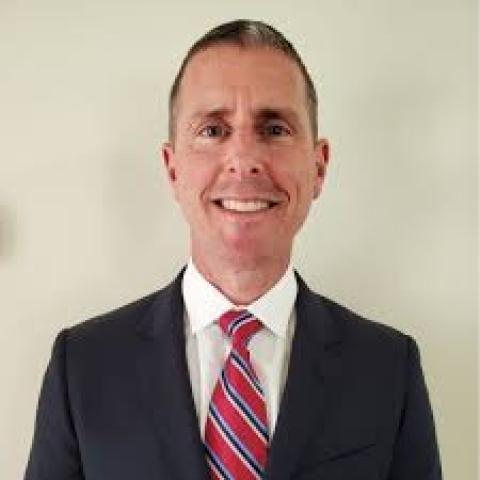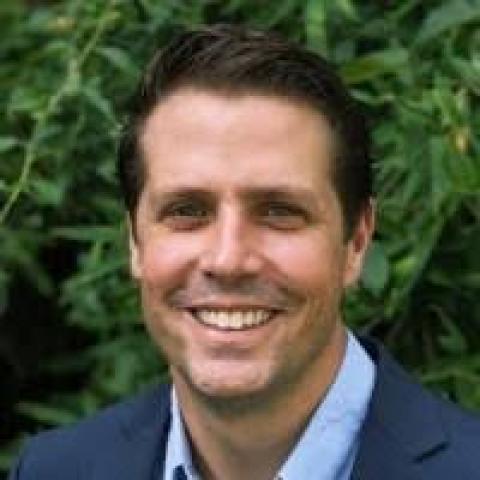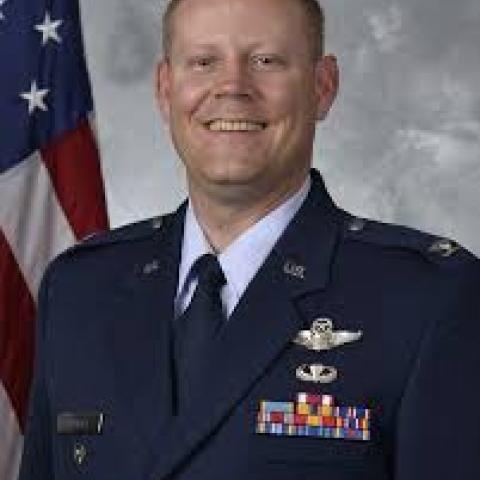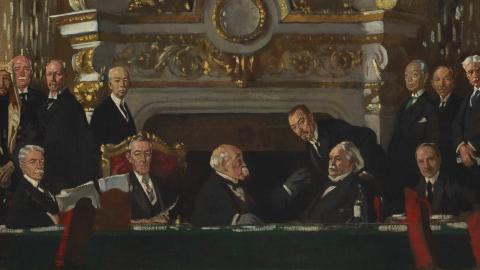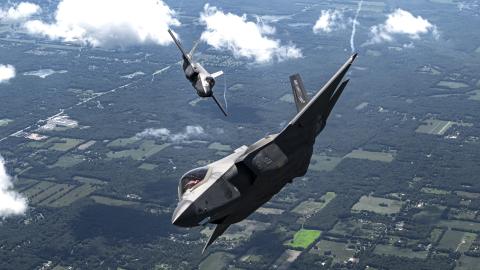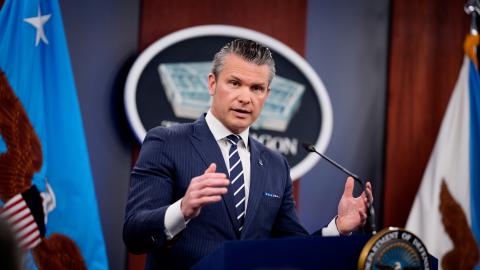
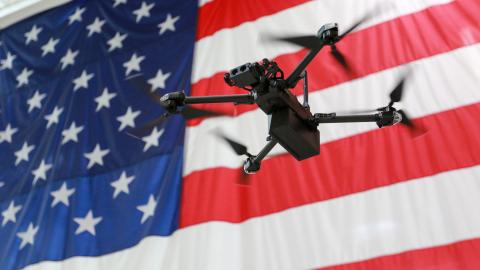
Caption
US Army service members provide a small uncrewed aircraft system demonstration for Lithuanian Vice Minister of National Defense Karolis Aleksa and accompanying Lithuanian defense officials during a state partnership program visit to Fort Indiantown Gap, Pennsylvania, on February 10, 2025. (US Army National Guard photo)
Related Events
23
September 2025
In-Person Event | Hudson Institute
Thirty-Ninth International Security Conference: Challenges and Opportunities for the ROK-US Alliance
Featured Speakers:
Dr. Hyun In-Taek
General Byung-kwan Kim (Ret.)
General Byung Hyuk Choi (Ret.)
Lt. Gen. Bernard Champoux (Ret.)
Dr. Sam Yeol Jang
Markus Garlauskas
Colonel Dave Maxell (Ret.)
Prof. Park Ihn-hwi
Colonel Gittipong Paruchabutr (Ret.)
Dr. Taewoo Kim
Dr. Huh Nam-Sung
Dr. Jay Jinseop Jang
Moderators:
Patrick M. Cronin
James J. Przystup

23
September 2025
In-Person Event | Hudson Institute
Thirty-Ninth International Security Conference: Challenges and Opportunities for the ROK-US Alliance
This conference, jointly presented by Hudson Institute, the Council on Korea-US Security Studies (COKUSS), and the Korean Defense Veterans Association (KDVA), will feature two panels.
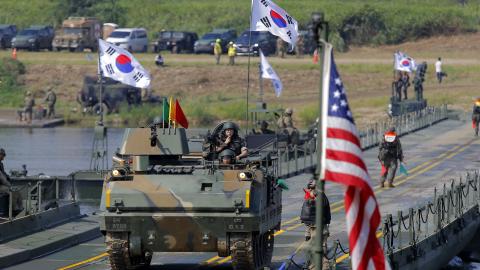
Featured Speakers:
Dr. Hyun In-Taek
General Byung-kwan Kim (Ret.)
General Byung Hyuk Choi (Ret.)
Lt. Gen. Bernard Champoux (Ret.)
Dr. Sam Yeol Jang
Markus Garlauskas
Colonel Dave Maxell (Ret.)
Prof. Park Ihn-hwi
Colonel Gittipong Paruchabutr (Ret.)
Dr. Taewoo Kim
Dr. Huh Nam-Sung
Dr. Jay Jinseop Jang
Moderators:
Patrick M. Cronin
James J. Przystup
24
September 2025
In-Person Event | Hudson Institute
Peace Through Strength: A New Strategic Review for a New Nuclear Age
Featured Speakers:
Keith Payne
Rebeccah L. Heinrichs

24
September 2025
In-Person Event | Hudson Institute
Peace Through Strength: A New Strategic Review for a New Nuclear Age
Join Dr. Rebeccah L. Heinrichs, senior fellow at Hudson Institute, and Dr. Keith Payne, president and cofounder of NIPP, for discussion about the report’s analysis and recommendations.
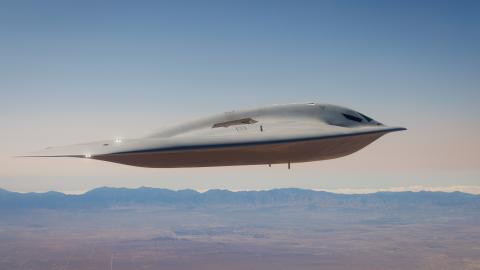
Featured Speakers:
Keith Payne
Rebeccah L. Heinrichs
24
September 2025
In-Person Event | Hudson Institute
Chokeholds and Choices: Securing Supply Chains in the US-China Rivalry
Featured Speakers:
Rush Doshi
Cameron Johnson
Gerard DiPippo
Nadia Schadlow
Moderator:
Patrick M. Cronin

24
September 2025
In-Person Event | Hudson Institute
Chokeholds and Choices: Securing Supply Chains in the US-China Rivalry
Senior Fellow Nadia Schadlow will join leading experts on supply chains and US-China competition for a panel discussion of these questions, moderated by Asia-Pacific Security Chair Patrick Cronin.

Featured Speakers:
Rush Doshi
Cameron Johnson
Gerard DiPippo
Nadia Schadlow
Moderator:
Patrick M. Cronin
08
October 2025
In-Person Event | Hudson Institute
Relearning Great Power Diplomacy: A Conversation with Wess Mitchell
Featured Speakers:
Wess Mitchell
Peter Rough
